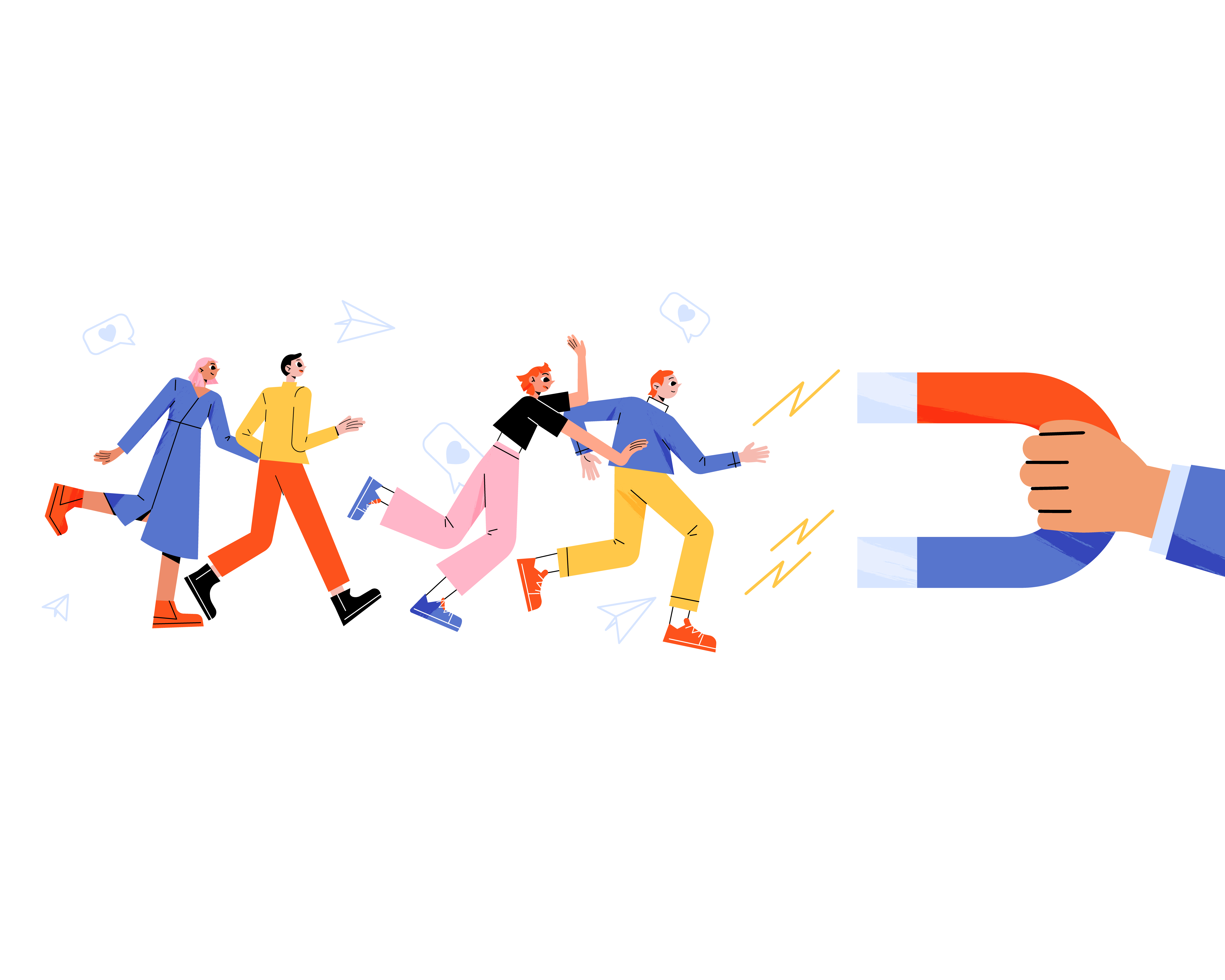We’ve all had the experience of starting a new job that’s unfamiliar and for a moment thinking, “That last gig wasn’t so bad after all.” Or looking back at a romantic relationship gone sour and thinking, “What if I stayed with that person?” This common type of reminiscing affects us all, and new research shows the better you are at positively reminiscing, the more grit you have. That’s because negative emotions of past memories are thought to detract from goal attainment and perseverance in the face of adversity.
While having grit is important, it may keep us from making real change when we’re in a negative situation. So it’s helpful to understand why our brains give us an ability to recall dark experiences in a more positive light – something known as Rosy Retrospection.
Cognitive biases exist for our benefit
To scientists, Rosy Retrospection is one of many cognitive biases, or mental shortcuts, which enable efficient, energy-saving reactions that enhance our survival. In the case of Rosy Retrospection, memories of events have been stored, but the emotional experience associated with them has faded. Evolutionarily, this bias makes sense when you consider it promotes a positive self-view and may help us face challenges. The underlying mechanisms work to reframe a sour memory over time into something sweeter than it was, so when we recall the past it isn’t viewed in the same emotional light as when it occurred. In fact, while this phenomena speaks to why we’re so poor at remembering our emotions of past events – especially when it comes to painful ones – it also explains why we’re unreliable when forecasting our future emotions. In both cases, we’re much better at pointing out the negative events of our friends’ past or predicting their future emotions, than we are with ourselves. This is an important finding as we develop strategies that help us move forward in life.
Even though negative emotions fade faster than positive ones and can begin almost immediately, the details of negative or traumatic events will be encoded separately from the emotional release into our memory. That’s why you remember the restaurant where you and your spouse had an awful argument every time you drive by it, but you don’t experience the same rush of anger or tears from sadness as you did in the moment.
Scientists have pointed to a number of brain regions responsible for this memory bias, including the amygdala which plays a key role in encoding and retrieving emotional memories, particularly negative ones. Additionally, the prefrontal cortex, which is involved in how we think about ourselves and our experiences, may be more active than the amygdala during the process of recollection to help boost one’s self-image when recalling autobiographical memories. Interestingly, this seems to change as we age and may also differ across personality types or clinical populations.
Use the glasses to see more clearly
So how can you benefit from the positive aspects of this memory bias without going overboard and using a rosy hue to backpedal into a bad environment? Mitigating our own cognitive shortcuts is not an easy task, but can be done with intention. Here’s how:
Accept: A necessary first step to see more clearly is to accept that our memories aren’t exactly as things happened and that they evolve over time. In fact, the belief that we’re unbiased compared to others is its own form of bias. This may not feel good, because being wrong can actually be painful, but it’s a necessary step in navigating cognitive biases.
Label: Next we need to call out this memory bias and identify it in the moment. You can do this by giving a name to the feeling or thought you may experience while recalling a memory. At NLI, we’ve made this easy by simplifying the more than 150 known biases into several overarching categories: Similarity, Expedience, Experience, Distance and Safety (SEEDS). Rosy Retrospection bias fits best within the experience domain, based on the belief that what we experience at any time is reality and built on a foundation towards a positive self view.
Mitigate: Biases like these often benefit from an outside, objective perspective, especially since others are often more accurate about yourself than you are. You can do this by asking someone who was with you in a past situation but had no emotional stake in the event for their perspective. Another way to do this is to take a third-party perspective by imagining how you would advise a friend in the same situation. Practicing strategies like this engage a region of the brain involved in self-control or “braking”, the right Ventral Lateral Prefrontal Cortex (VLPFC), which also helps us in decision making and goal-planning.
After all, these days, we all could put away those rose-colored filters and view a healthy dose of reality – whatever it may look like.





.avif)


